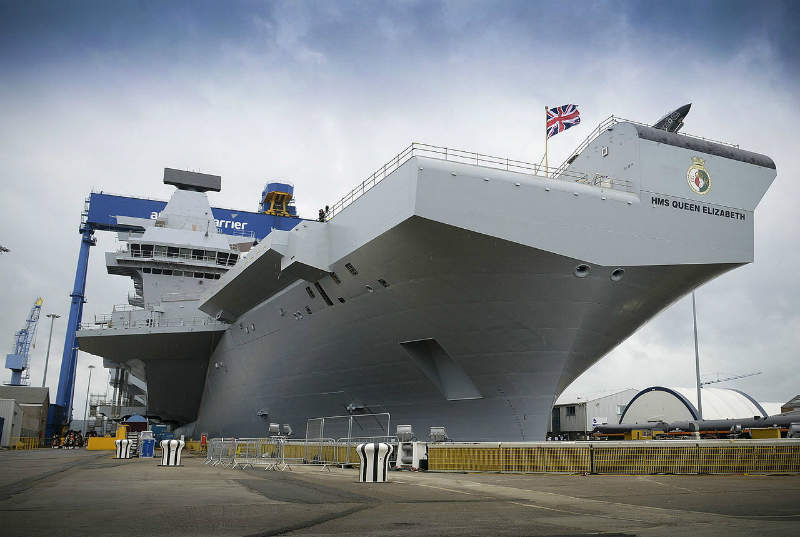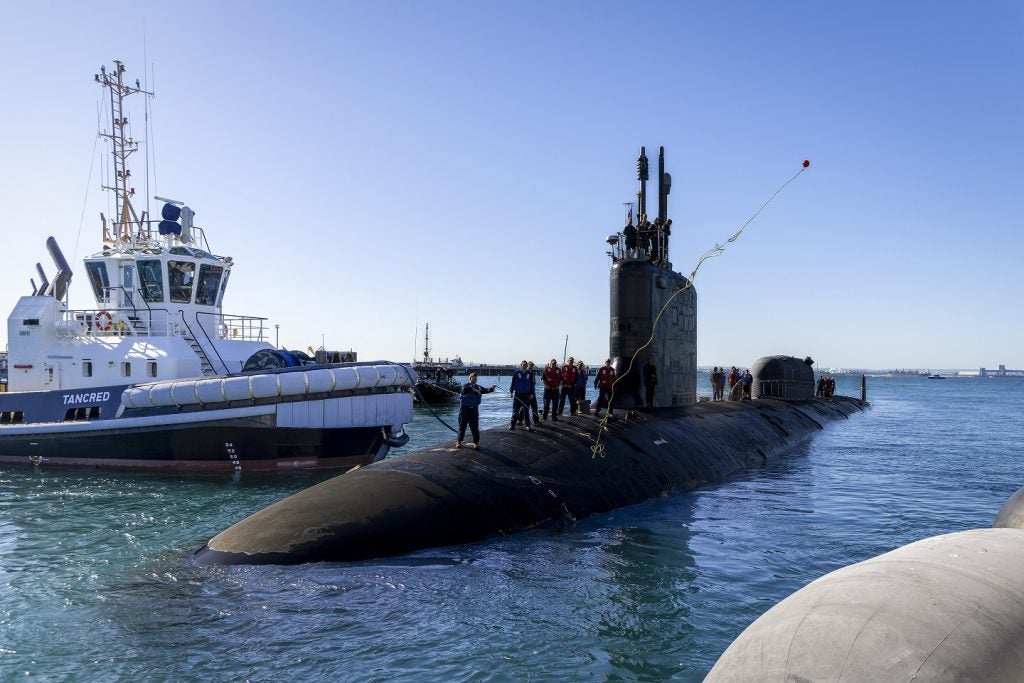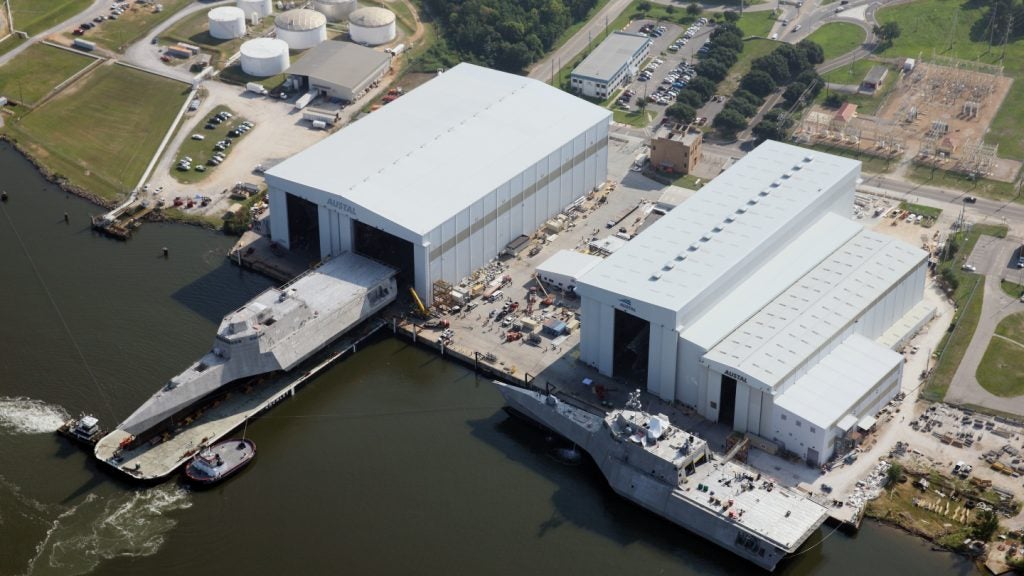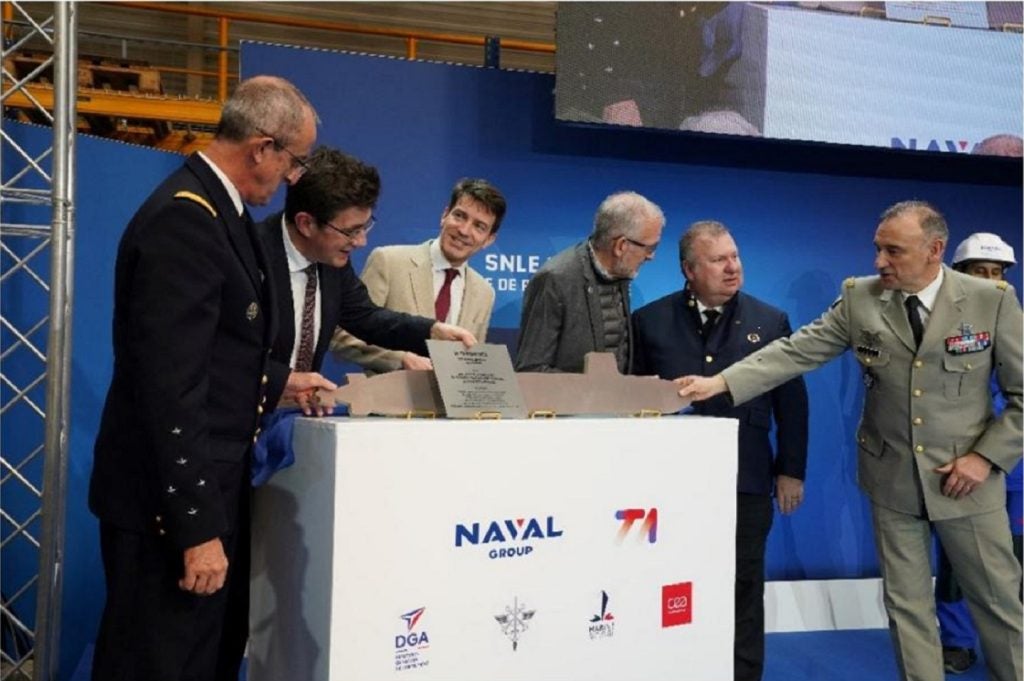
There are concerns that the new aircraft carrier will not have enough crew trained to operate her, the ordered fighters for her decks are too expensive and weak, the design itself is flawed and that there will not be enough royal navy ships to protect her.
The Queen Elizabeth aircraft carrier is currently under sea trials and is the largest warship ever built by the Royal Navy. The ship has absorbed £6bn ($7.6bn) worth of investment and has taken around 10 years to come to fruition. The Royal Navy hopes that after a long period of underinvestment these two new supercarriers will bring prestige capability and prowess back to the UK’s naval forces.
There have been many criticisms of this project, procurement process is under question
The project for the Queen Elizabeth Class ships has been far from free of criticism. These are enormously expensive ships and the project overran its price estimation by close to double (£6.2 billion ($7.9bn), up from the £3.5 billion ($4.4bn) projected in 2007). For that money only two ships have been obtained and that does not count the order for the F-35bs needed for each ship which will cost around $100m per aircraft and 26 minimum will be needed for each ship. Other criticisms remain around the designs of the ships, which have doubled down on the F-35 and won’t be able to launch alternative British aircraft such as the Eurofighter Typhoon. The F-35 project itself has taken an enormous amount of flak too on aspects of its design and huge cost.
Royal Navy needs more destroyers and frigates, aircraft carriers may become obsolete
Another critical problem with the aircraft carriers is that the navy does not have enough surface combat vessels to properly support ships of this size and importance. Traditionally carriers and before them, battleships, would be backed up with a large escort of other ships in order to protect them, made up of destroyers and frigates. This is because the Aircraft Carriers represent an enormous investment monetarily, in crew, weapons and status and they are a prime target for enemy combatants, because sinking one represents an enormous victory. The Royal Navy has in numerous parliamentary hearings, been shown to not have anywhere near enough modern and reliable ships for its commitments currently, let alone with two of the largest air craft carriers in the world to defend. On operations, a carrier may only have four destroyers available to protect it along with a handful of frigates which is considered very weak indeed.
There is also a growing concern that aircraft carriers themselves may be becoming defunct as a vessel class in a modern naval battle. This is because the advanced nature of modern ship missile systems may be able to overwhelm the defenses of a large slow ship of this size. An advanced force of modern missile frigates could be able to fire missiles at a rate which will be able to overwhelm the Elizabeth Class, particularly if it has limited support. This theory is yet to be tested in practice, but naval experts are concerned about the future of these large ships in the coming years, particularly given the rise of swarm drones too.
Diesel in a nuclear age, some say that the propulsion system is backwards step
All US and French aircraft carriers are nuclear powered, but not UK carriers. Nuclear-powered carriers only need refuelling once over their 50-year lifespan, compared to the Queen Elizabeth-class, which will need refuelling every 10,000 nautical miles. The benefit of nuclear is that they can stay at sea almost indefinitely and during times of war or fuel shortage this could make the difference. The downside of nuclear power is the cost of decommissioning, which can add up to many hundreds of millions of dollars at the end of a vessels life. However, the combination of diesel and gas turbines does not represent some major step forward in development and ships have been using these power systems for many years. In capability terms, it remains to be seen whether this will become a problem for the carriers operationally, but certainly an opportunity was missed to develop a better fuelling method.
How well do you really know your competitors?
Access the most comprehensive Company Profiles on the market, powered by GlobalData. Save hours of research. Gain competitive edge.

Thank you!
Your download email will arrive shortly
Not ready to buy yet? Download a free sample
We are confident about the unique quality of our Company Profiles. However, we want you to make the most beneficial decision for your business, so we offer a free sample that you can download by submitting the below form
By GlobalData







Related Company Profiles
Diesel SpA
Royal Navy